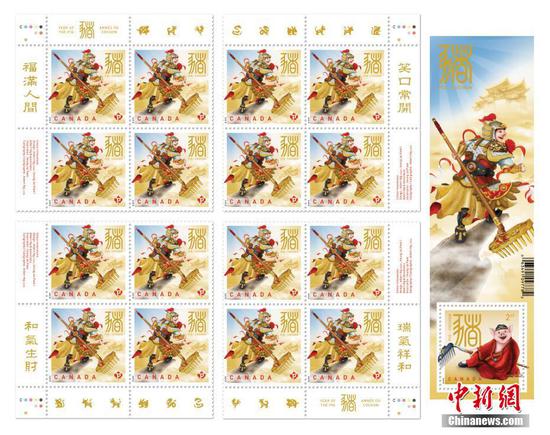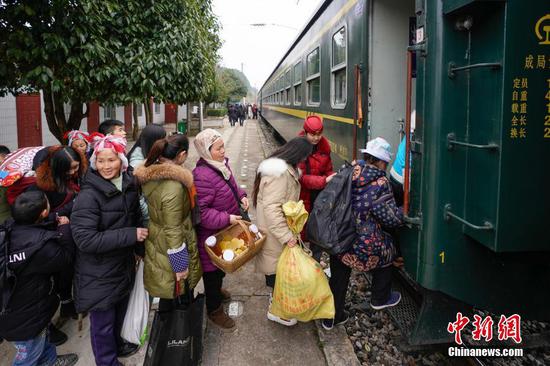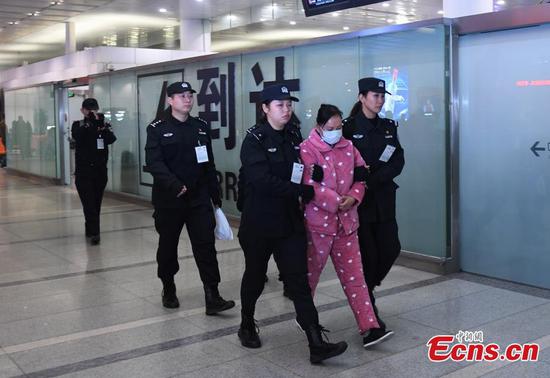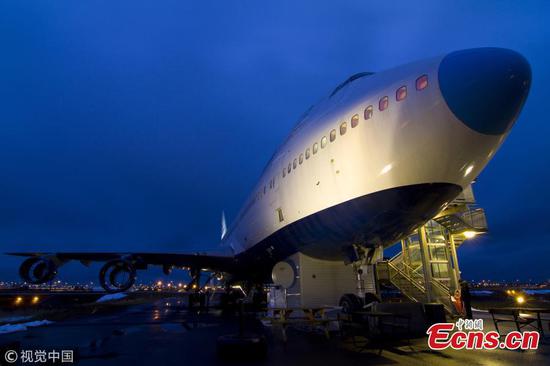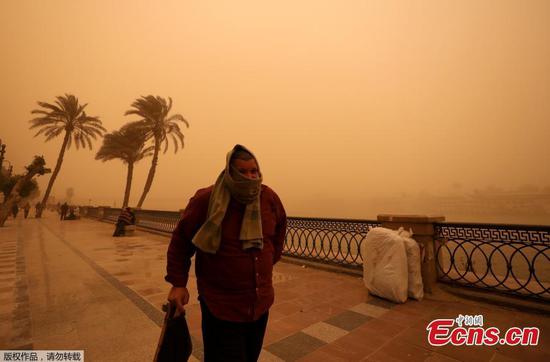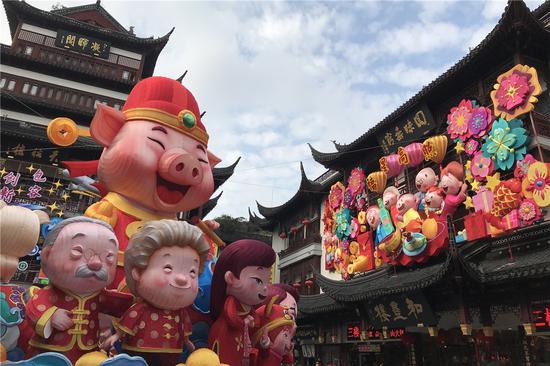Booking flights, hotels and tour packages has become easier over the past few years. Gone are the days when most of us used to visit a travel agency, and interact with its staff who, using sluggish desktop computers, would reserve flights and accommodation.
These days, thanks to the rapid development of the internet and smartphones, we can do these tasks on our own. We can pick and choose tour routes and destinations.
I certainly do anyway. About two months ago, I booked a package tour to Spain and Portugal online through Caissa, a leading Chinese travel agency. I traveled with my mother.
Caissa's thoughtful service and well-arranged itinerary have impressed me no end.
Caissa's website offered me loads of useful information about various tourist destinations, including the ones that I had shortlisted. I could easily compare prices of different tour routes, scenic spots, flights, and accommodation. The decision to book a 12-day package tour went like a bullet.
I just needed to prepare some documentation for Schengen visa-copies of employment proof, passport, bank statements, all of which I mailed to Caissa's department that deals with visa affairs. I didn't have to visit the embassies concerned.
From Nov 1 to 12, I visited Madrid, Barcelona, Seville and Lisbon. The tour guide enlightened us about local history, culture, architecture and customs. I think I am more knowledgeable about the two countries in the Iberian peninsula than I was a quarter back.
I didn't need to worry about anything. Caissa arranged everything for us-local transportation, accommodation, food, flight tickets and entertainment. Now, that's what a "package" means.
It's not just my mom and I who love package tours. Chinese tourists made more than 71 million outbound trips in the first half of 2018, up 15 percent from 62 million in 2017, according to data from the China Outbound Tourism Research Institute.
Am sure a huge chunk of those trips were package tours. Industry data showed China's outbound travel market is expected to exceed $163 billion by 2024. Many countries are expected to ease entry requirements for Chinese tourists, in order to attract them in greater numbers.
As more and more Chinese travelers go abroad, online travel agencies or OTAs such as Ctrip, Tuniu, Qunar and Fliggy are vying to serve them. I have found some of them to be very useful in the past.
Flights-check. Hotels-check. Visas-check. Check, check, check. OTA's rapid growth has made travel convenient for sure.
Internet consultancy Analysys said Ctrip and Qunar together now account for nearly 60 percent of the OTA market share. They are followed by Fliggy, Alibaba Group Holding Ltd's travel brand. There are some fringe players such as Mafengwo and Qyer that have become hugely popular by encouraging users to publish their travel experiences, tips and accommodation reviews online.
According to online consultancy Statista, global online travel sales totaled $564.87 billion in 2016. This figure is projected to grow to $755.94 billion this year.













